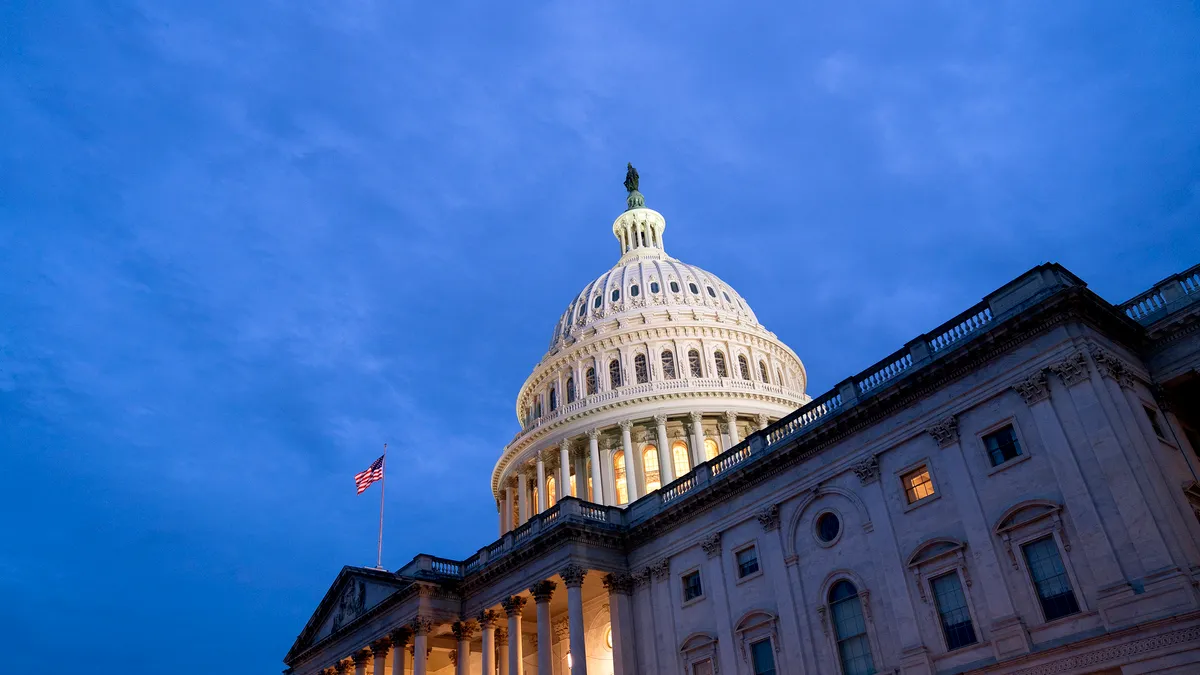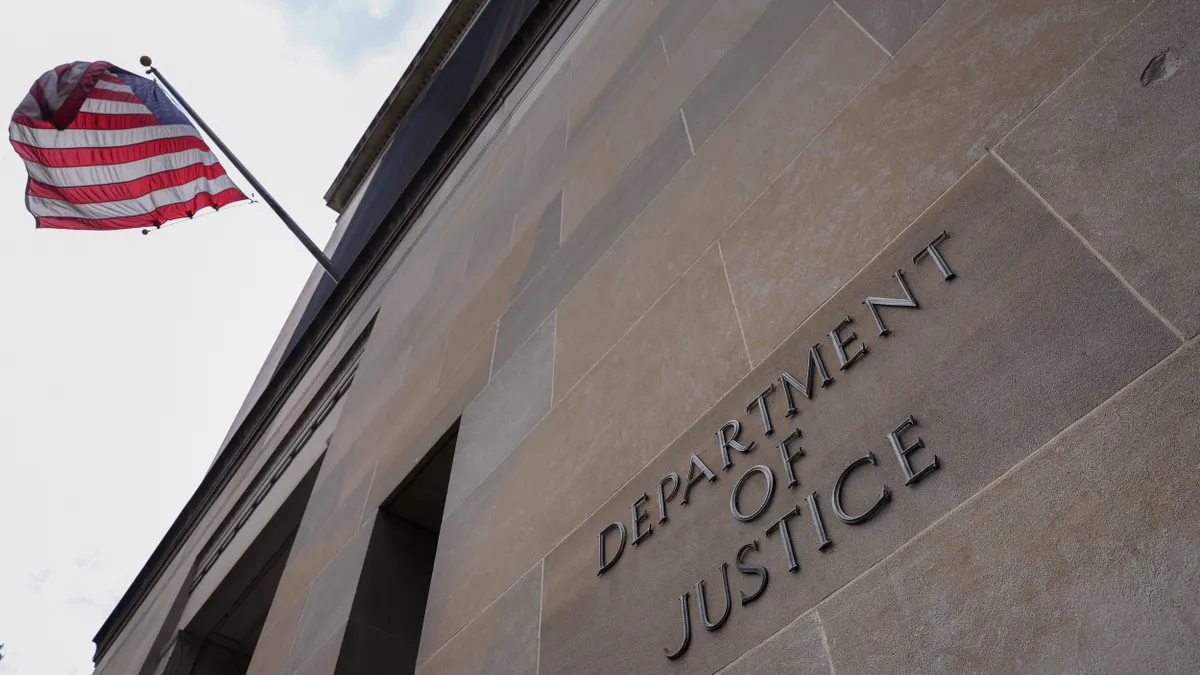As mayor of Phoenix, Greg Stanton had to build consensus with his eight colleagues on the city council to achieve anything. It meant coalition-building and cooperation regardless of ideology.
That type of local-level collaboration is important to emulate at the national level in Washington, D.C., said Stanton, now a member of Congress in Arizona's 9th District after serving as mayor from 2012 to 2018.
Collaboration takes on more even greater importance as federal leaders negotiate investing in infrastructure through President Joe Biden's American Jobs Plan and oversee the distribution of $350 billion in direct relief for state and local governments under the American Rescue Plan.
So in April Stanton joined with 17 of his House colleagues to form the bipartisan Former Local Elected Officials Caucus, in concert with the National League of Cities (NLC) and the National Association of Counties (NACo). Stanton is one of four co-chairs, alongside Reps. Gerry Connolly, D-Va., Kay Granger, R-Texas, and Dave Joyce, R-Ohio.
"Having come from local government is a really important training for entering Congress because you find that the fundamentals are the same," Stanton said. "To be successful you've got to build community support for a proposal, and then you've got to work with your fellow elected officials to build support within the organization. We all were successful in doing that in the local government setting, and that's in part why we’re lucky enough to be in Congress."
Policy goals
Pandemic recovery is one area where the new caucus hopes to provide value. The U.S. Department of the Treasury this month launched the Coronavirus State and Local Fiscal Recovery Funds, which will distribute the $350 billion in emergency funding for state and local governments the American Rescue Plan provided. Those funds can support public health spending, address negative economic impacts, and help those communities worst impacted invest in broadband internet, sewer and water infrastructure.
Some lawmakers have derided that aid as "blue state bailouts," something Connolly said is misguided given how many services local governments provide. With the coronavirus pandemic decimating some local budgets, and federal help needed to make up the shortfall, making sure nonfederal actors have a voice in Congress is crucial, he said.
"I think [those criticisms were] an alarming development, in terms of the depths of ignorance about what states and localities, in fact, do, and how important they are," Connolly said.
Connolly, who is a former chair of the Fairfax County, Virginia, Board of Supervisors, said he hoped the new caucus could also help the various levels of government cooperate better with each other and work together to solve common problems.
"While we're discussing the largest infrastructure investment proposal in American history, the timing couldn't be better."

Rep. Greg Stanton
D-Ariz.
In 2019, Connolly sponsored the Restore the Partnership Act alongside Rep. Rob Bishop, R-Utah, which would reconstitute and reform the U.S. Advisory Commission on Intergovernmental Relations (ACIR), which has sat dormant since 1996. That legislation would give ACIR new responsibilities and authority in a bid to improve government accountability.
That bill and this caucus could also help reduce the burden of unfunded mandates, where federal lawmakers pass legislation but force state and local governments to pay for implementation, Connolly said.
"This is not some wide-eyed liberal idea," Connolly said. "This is actually an improvement on governance in America and is a mechanism we can employ to restore respect. There's a constitutional issue here, too, in terms of the powers of the states and localities, and the powers of the federal government, and having a mechanism for airing those issues and differences and opportunities."
Stanton said while Congress is considering an infrastructure proposal at the national level, it will be important for local jurisdictions to have their say on how the money is spent. The new caucus can be a good outlet for those discussions, he said.
"While we're discussing the largest infrastructure investment proposal in American history, the timing couldn't be better," Stanton said.
Local governments step up
Local governments have taken on have become more engaged, in recent years, especially in areas like fighting climate change as the federal government largely disengaged from those efforts under former President Donald Trump. But even with the Biden administration stepping back in to fill that void, those involved said local governments will continue to be a critical partner, and their voices must be heard at the national level.
"It may not be as grand as Congress, but it’s the most immediate level of government, where people have to balance budgets and actually do, and provide for the safety and welfare of their communities," Joyce, a former Geauga County, Ohio, prosecuting attorney said during a virtual town hall hosted by NLC and NACo. "But there’s no such thing as allowing something as insignificant as party lines to prevent us from accomplishing these important goals."
Congress has tried to help cities in similar ways before. In 2018, lawmakers launched the Congressional Smart Cities Caucus, while legislation has been regularly introduced to try to involve the federal government more in helping cities pursue new technologies.
Connolly said if more members of Congress had a better grounding in the inner workings of local government, it might reduce partisan infighting and show elected officials the importance of getting something done.
"It would ground them in practical experience, it would take them out of the ideological battles and immerse them in day-to-day practical problems that real people need resolved," he said. "And not on some partisan altar, or some ideological platform, but in the real world of practicality. How do you solve this? How do you fix it? How do you fund it? Those are very practical problems local government has to face every day."




















